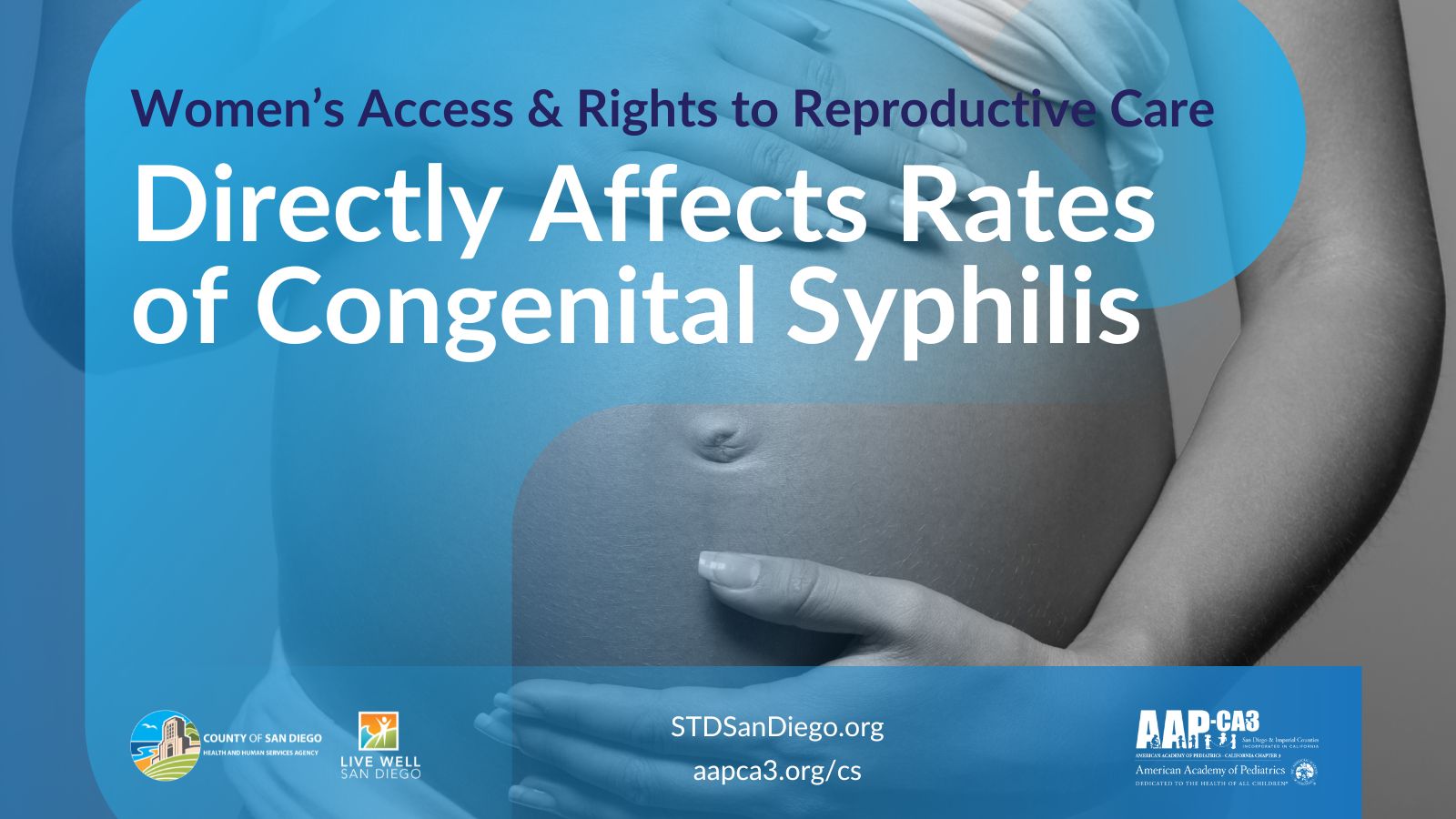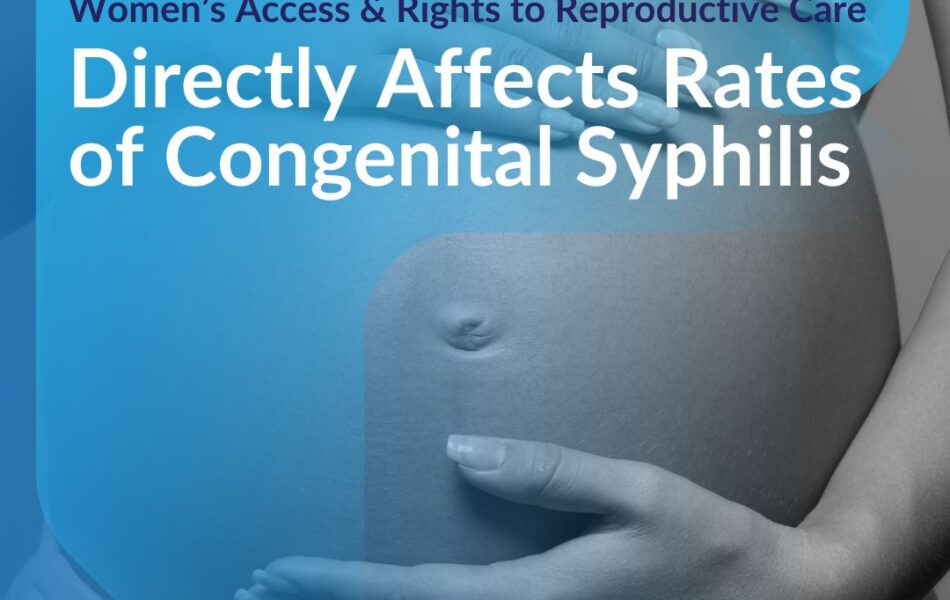
Spotlight on Pediatrician Dr. Vi Thuy Nguyen
February 23, 2024
Books to Celebrate Afghan-American Heritage Month this March
March 18, 2024
How Women’s Access and Right to Reproductive Care Directly Affects Rates of Congenital Syphilis
When we look at the dramatic increase in the congenital syphilis rates across the country and specifically in California, it could be difficult to understand how a preventable and treatable disease, and one that is relatively inexpensive to detect and treat during pregnancy, would be increasing.
If we look at the history of women’s reproductive health, rights, and freedoms in our country and discuss whether women have equitable access, legal access, insurance that covers specific reproductive care, or health insurance at all we will see a longstanding history of barriers to access reproductive care. It is then that we can begin to understand why preventable diseases and diseases that should be classified as “never events,” are reemerging.
It hasn’t always been easy for women to receive medical care especially care during pregnancy, where we can have the largest impact on congenital syphilis cases. According to March of Dimes, “access to care during pregnancy and around the time of birth is not consistently available across the country. In California, there was a 21.7% decrease in the number of birthing hospitals between 2019 and 2020.” March of Dimes prepared a map of California depicting the level of maternity care availability and found 6.9% of the counties are defined as maternity care deserts compared to 32.6% of counties in the U.S. overall. San Diego County is depicted as having full access to care whereas neighboring Imperial County is classified as “low access.”
Women face hurdle after hurdle fighting for reproductive rights, freedoms, and basic healthcare. Bureaucratic red tape, legislative blocks, protests and demonstrations in front of clinics, insurance not covering medications, tests or procedures, birthing centers closing, and shortages of providers, so it should be no wonder why women aren’t receiving proper medical treatment during pregnancy.
According to the Center For Reproductive Rights, “more than one fifth of U.S. women aged 15-44 have no health insurance,” which means they would be paying out of pocket for prenatal care and all expenses associated.
We also need to address that these rates are further exacerbated by the racial inequities within healthcare. Black women are 5.6 times more likely and Latinas/os are twice as likely to be infected with syphilis than white women. The Center For Reproductive Rights also noted that, “African-American infants are 16 times more likely and Latina/o babies are 10 times more likely than white babies to be diagnosed with syphilis at birth possibly because of lack of prenatal care.”
For pregnant people who have access to regular prenatal visits, they will receive syphilis tests at least twice during their pregnancy. For those who may not have health insurance, live far from a health facility, have a language barrier, be un-housed, or many other obstacles to access we can start to see how the barriers begin to compound and our communities experience an increase in diseases such as congenital syphilis.
Some ways we can address these barriers to prenatal care access is spreading awareness about free STI testing and pregnancy support. Many pregnant people may not be aware of the recommended syphilis testing and may be unaware that they are positive for the infection until they are delivering their baby, so we made materials available in all major languages spoken throughout San Diego County.
For those who live in maternity care deserts such as those in Imperial County who have “low access” to maternity care, March of Dimes stresses the importance of increasing the availability of telehealth services across healthcare specialties. Telehealth was wildly successful during the pandemic and can provide us with another touch point in reaching vulnerable populations and at least give them additional information and resources for accessing testing and treatment.
The American Academy of Pediatrics, California Chapter 3 (AAP-CA3) is also working on addressing these disparities, in collaboration with the HIV, STD, and Hepatitis Branch of Public Health Services department, of the County of San Diego Health and Human Services Agency. We are working closely with healthcare providers to provide education on updated policies, which include testing pregnant patients for syphilis at least twice. Also, materials are offered in all major languages spoken in San Diego County: Arabic, Dari, English, Farsi, Korean, Mandarin, Somali, Tagalog, and Vietnamese.
To learn more about congenital syphilis or get involved and support our efforts, please visit: www.aapca3.org/cs.


